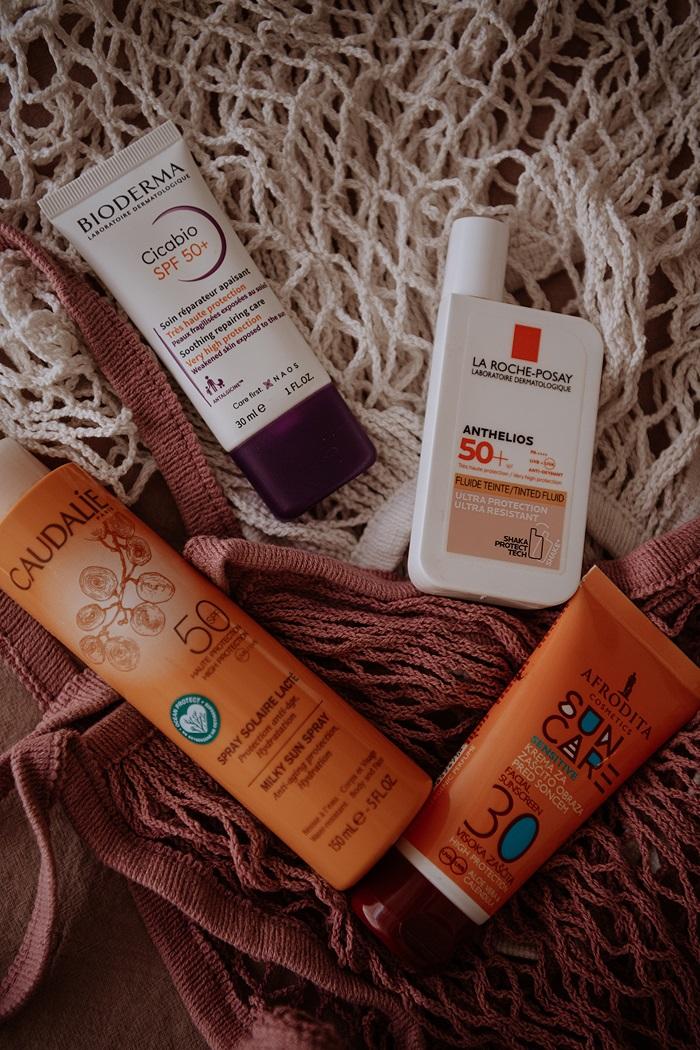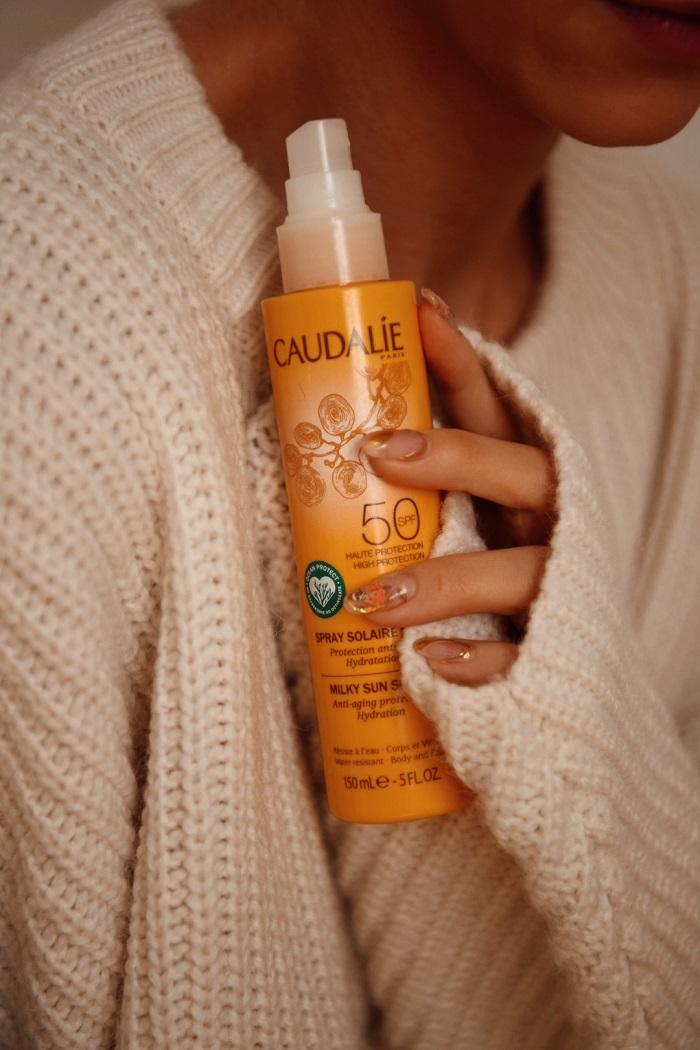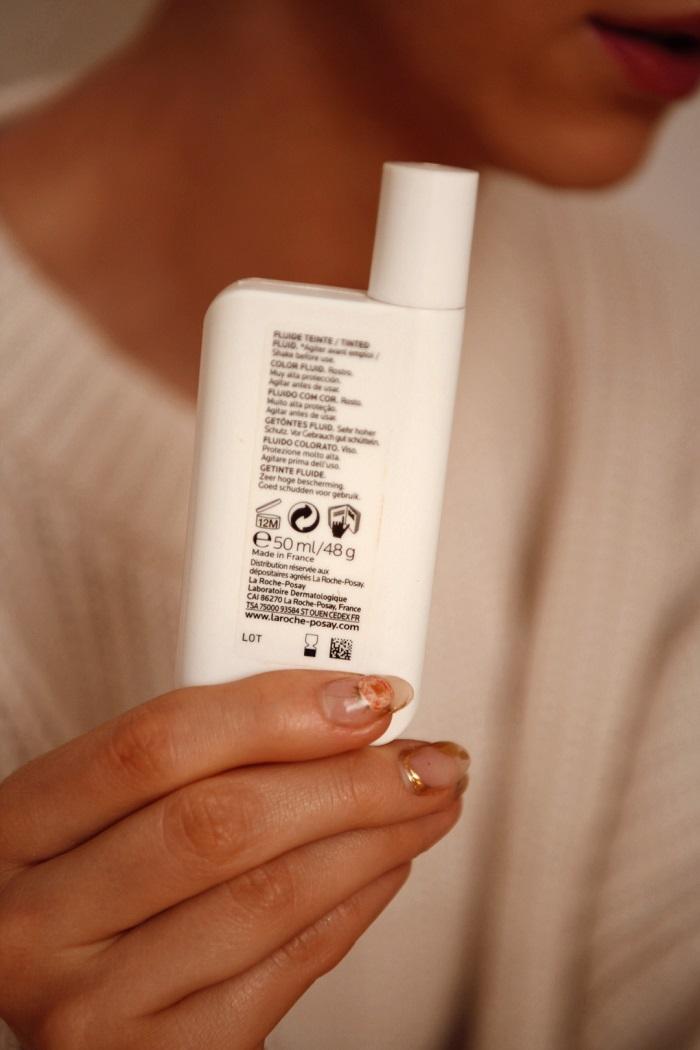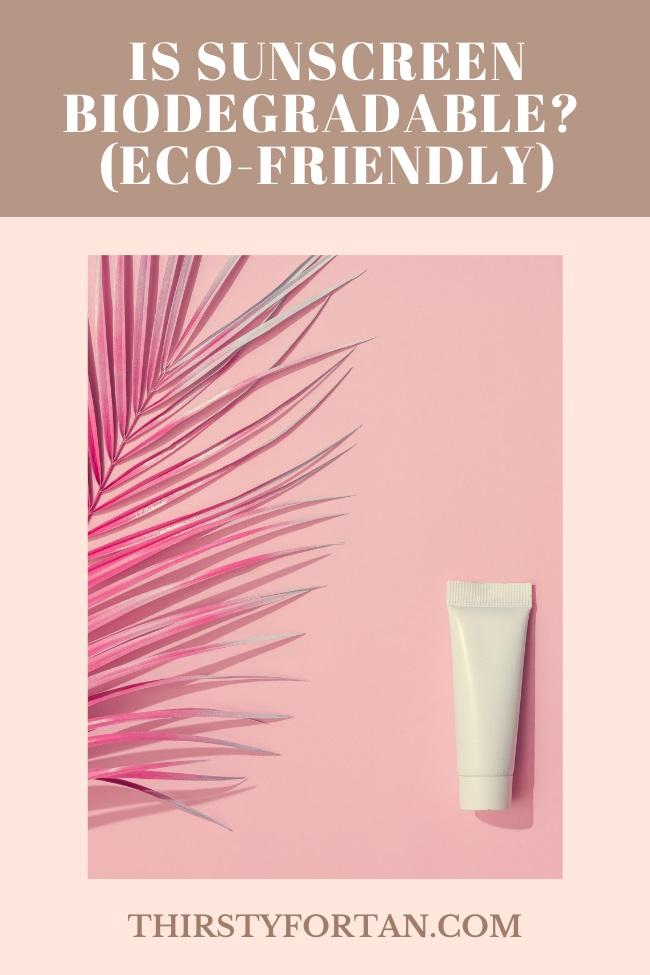Within the skincare industry and the media, there are lots of different terms which get thrown around and often overused, but people never actually get around to finding out what they mean. If you’re wondering whether sunscreen is biodegradable, here is all of your information.
What does biodegradable mean?
There are lots of similar terms within the beauty industry, as well as other areas, such as the food industry, and some of these terms are overused, or promoted very often for reasons that consumers aren’t even aware of. This means that lots of misinformation is spread very quickly, as it doesn’t take long for people who are uneducated on this topic to misinterpret the information, and this goes on and on. So, if you’re in doubt, or confusion, about what biodegradable actually means, you’ve come to the right place!
In short terms, biodegradable is a word used to describe any product which can be decomposed by bacteria or other living organisms, and this means that no synthetic chemical processes are required to break it down, and it won’t be causing damage to the environment (more on that later). So, in other words, anything that’s biodegradable can essentially be broken down naturally and it doesn’t stay in the environment for very long.
As an example, which you are likely to understand, you’ve probably heard about the dangers of plastic for the environment, and how it can stay on our planet for longer than our lifespans. Depending on the specific material they’re made of, plastic carrier bags can take anywhere from 10 to 1000 years to decompose, so this is not biodegradable.
Anything considered biodegradable must be able to decompose and break down into a natural element or material within nature in a short period of time after they have been disposed of. Usually, anything which takes a year or less to do so is considered biodegradable.
Why is it good for products to be biodegradable?
So, we know what biodegradable means, but that doesn’t necessarily tell you much about whether it’s good for the environment, or why, especially if you’re not an expert. However, now that we’ve established the correct definition for the word, you’re already ahead of many other people.
As mentioned earlier, making products which are biodegradable is, in fact, better for the environment, and there are many reasons for this, but we’re just going to stick to the most obvious, relevant one for today, as all of the others can go on in a continuous cycle forever!
In this day and age, consumerism is a large problem and a concern for our environment, and the worst part of it is the damage it causes, and the fact that the number of products being used and thrown out every day is only going up. When non-biodegradable products are thrown out, like plastic, for example, they stay in the planet’s system for so many years, and they outlive us. To give you an idea of perspective, a plastic bottle that you throw away today can still be around after your great, great, great, great grandchildren, and even longer than this.
If you’re not already catching on, this is a big problem for the environment, as many of these synthetic, manufactured products contribute to worldwide issues such as landfill, air and water pollution and they cause damage to ecosystems, both the plants and the animals. So, the faster that products decompose, the shorter amount of time they can do damage to our planet, which is a huge plus.
Is sunscreen biodegradable?
Just a quick recap: we now know what biodegradable means, and we are aware of its importance, but the biggest question now is ‘is sunscreen biodegradable?’. As you may be able to imagine, there is some confusion over this at times, due to all the misinformation and miscommunication mentioned earlier, but it’s all understandable once you know what you now do!
As a matter of a fact, you may be surprised with the number of sunscreens that are actually biodegradable as, while not all are, there are many effective UV filters (the ingredients which block out the Sun’s UV rays from your skin) which have been found to biodegrade quickly and minimise their environmental impact. Many reef-safe sunscreens, as we’re about to find out about later, are also biodegradable, and this is a great step towards a healthier planet.
You can find out if your sunscreen is biodegradable by checking out the packaging, or the website, or the product itself. Usually, it will mention this is it is the case and, if you’re in any doubt, you can always e-mail the company, or ask a member of staff when purchasing a product in-store.
As for buying biodegradable sunscreens, they’re available pretty much anywhere that stocks a variety of brands, and you’ll be able to find something that suits your needs, as long as you check out the product’s description.
- Revolutionary Sun Cream :: Moisturizing reef safe sunscreen SPF 50, waterproof for up to 80 minutes whether in the sand, sun, sea or surf. Strong broad spectrum mineral based sun protection from UVA / UVB rays to help protect you from sun burn and DNA damage. PA+++
- Coral Reef Safety :: Reef Repair sun cream is a (non nano) Zinc Oxide based reef safe sunscreen that is 100% Oxybenzone free, Octinoxate free & completely chemical free. Safe for marine and aquatic life including our delicate coral reefs, guaranteed to protect!
- Revolutionary Sun Cream :: Moisturizing SPF 30 reef safe sunscreen, water-resistant for up to 40 minutes whether in the sand, sun, sea or surf. Strong broad-spectrum protection from both UVA / UVB rays to help protect against sun burn and DNA damage. PA+++
- Coral Reef Safety :: Reef Repair suncream is a (non nano) Zinc Oxide based reef safe sunscreen that is 100% Oxybenzone free, Octinoxate free & completely chemical free. Safe for marine and aquatic life including our delicate coral reefs, designed to protect!
- Revolutionary Sun Cream :: Moisturizing SPF 50 reef safe sunscreen, water-resistant for up to 80 minutes whether in the sand, sun, sea or surf. Strong broad spectrum protection from both UVA / UVB rays to help protect against sun burn and DNA damage. PA+++
- Coral Reef Safety :: Reef Repair sun cream is a (non nano) Zinc Oxide based reef safe sunscreen that is 100% Oxybenzone free, Octinoxate free & completely chemical free. Safe for marine and aquatic life including our delicate coral reefs, designed to protect!
If you click Buy on Amazon and make a purchase, I'll earn a small commission at no additional cost to you.
Also read: What is The Best Sunscreen? (For Body or Face)
Does sunscreen have any other eco-friendly properties?
Although there might be a few grey areas in the question of sunscreen’s biodegradability at the moment, there are some other eco-friendly properties that some sunscreens have to offer, and anything which does good for the environment is a big positive. If you’re in hope of some other plus points for the environment, here they are.
One of the biggest things within the sunscreen industry at the moment is the promotion of reef-safe products, and these are becoming increasingly popular for both manufacturers and consumers, as everyone becomes more aware and conscious of the environment. A reef-safe sunscreen means that it doesn’t cause any damage to coral reefs, which are suffering lots of damage as a result of tourism, fishing and other aquatic activities.
When you go swimming in the sea, you should be wearing a sunscreen anyway, to protect you from the Sun, which you’re heavily exposed to when at the beach or in the sea. Once you’re in the water, your sunscreen usually rinses off your skin, or at least some of it does, and this means the ingredients are released into the ocean. If a sunscreen is not reef-safe, those chemicals can destroy coral reefs and aquatic life once they’ve been released into the water.
However, a reef-safe sunscreen eliminates this problem, and it’s completely safe for you to wear in the ocean. In many countries, especially those where coral reefs are under threat, such as Hawaii, you are required to wear a reef-safe sunscreen when going to the beach.
Also read:
Is Sunscreen Bad for You? (Tips To Prevent The Danger)
Related:
What Do the Numbers Mean on Sunscreen? (Explained)
What is A Sunscreen Factor? (Picking The Right One)
What Is Sunscreen Made Of? (Common Ingredients)
Final thoughts
Although not all sunscreens are biodegradable, this category of product is becoming more popular, and hopefully one day all sun care will contribute to the planet’s health in the same way. You can do your part by ensuring your sunscreen is biodegradable and reef-safe, and you’ll help so much more than you may think.









